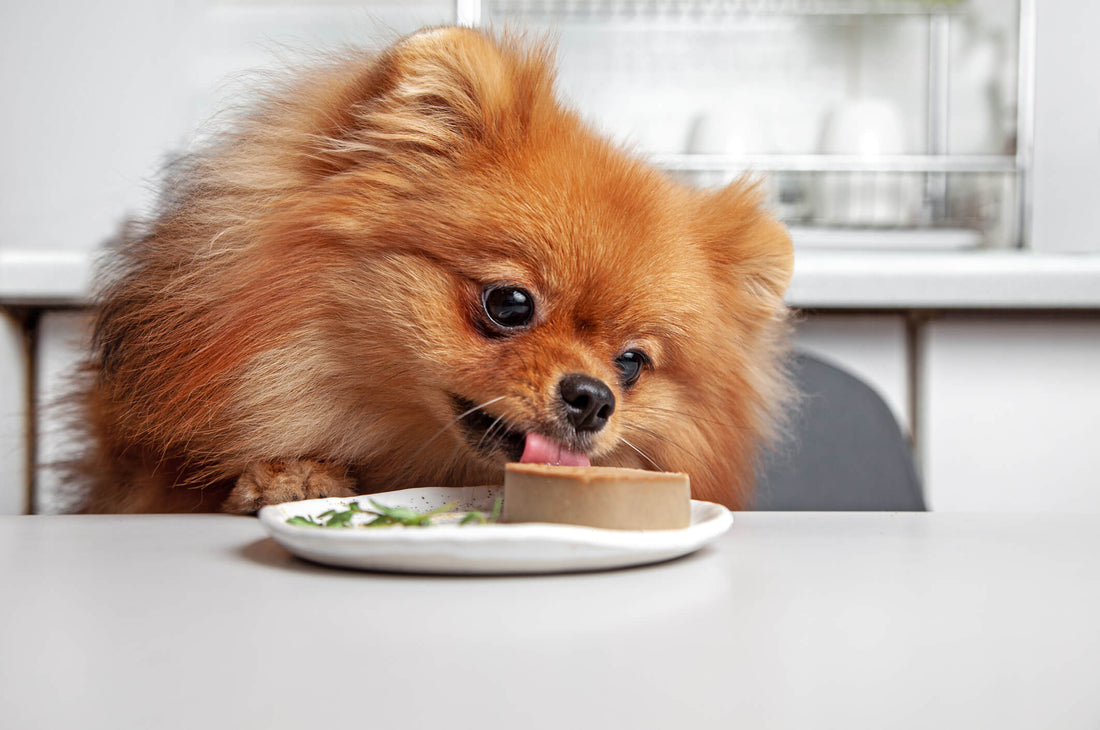
Is Liver Safe for Cats and Dogs?
If your fur baby eats nothing but kibble, you may be looking to switch up their diet. Cats and dogs are big meat eaters, which is why their food bowls are filled with beef, pork and chicken. Many pet parents wonder if their furry friends can eat other parts of these animals besides muscle meat. The answer is yes!
Organ meats such as liver make a wonderful addition to your cat’s or dog’s diet. Liver is a low-calorie, high-protein treat packed with vitamins and minerals that promote several health benefits. Pet parents should also be aware that consuming too much liver has some drawbacks. Read on for liver’s benefits and why you should consult a vet before feeding it.
The health benefits of liver for pets
Liver is safe for cats and dogs in moderation. Whether it comes from a chicken, cow or lamb, liver is a nutrient-dense food that provides more vitamins and minerals than muscle meat. Here’s why liver is so beneficial for your furry friend.
- Low calories, high protein: Liver is a great source of protein and essential amino acids. A high-protein diet is important for cats and dogs because they’re designed to burn protein as their main source of energy. Protein will help your fur baby build strong muscles and the stamina to play all day. Liver is especially high in taurine, an amino acid that can build muscle tissue and protect the heart. In addition to being packed with protein, this organ meat contains little saturated fat and helps pets stick to a low-calorie diet.
- Improved vision: Vitamin A is one of the most abundant nutrients in liver. It serves many purposes in your pet’s body, most notably the ability to improve eyesight. This vitamin has antioxidant properties that protect nerve cells, allowing pets to maintain clear vision far into their later years. As an antioxidant, vitamin A also combats oxidative stress to reduce inflammation and cellular damage.
- Proper cellular function: Liver is chock full of B vitamins. The B vitamin complex helps your pet’s body grow and preserve healthy cells. Vitamin B is especially important for red blood cell production. Red blood cells carry oxygen to every part of the body to ensure vital organs can do their jobs. The B vitamins in liver promote cellular growth and keep your pet energized, both physically and mentally. Vitamin B is extra beneficial for pets with an increased risk of anemia.
- Increased oxygen supply: While B vitamins generate blood cells, iron is the mineral that infuses those blood cells with oxygen. Iron ensures every cell in the body receives an adequate supply of oxygen. Liver makes a healthy treat for cats and dogs because it’s packed with iron. In fact, liver contains six times more iron than muscle meat! Feeding your pet an iron-packed liver has other benefits, like consistent body temperature and greater endurance during playtime.
Speak with a veterinarian first
Always ask a vet about liver before feeding it to your cat or dog. Pet parents who don’t consult a vet about portion sizes might give their fur babies too much liver. Cats and dogs can reap the benefits of liver only if the organ meat is given in small amounts. As a general rule, organ meats should take up no more than five percent of a pet’s diet. This amount might be even less depending on the size, breed and medical history of your pet. Cats should eat less liver than dogs, as they find liver highly palatable and may become addicted to it.
Liver is known for having a high concentration of vitamin A. While every animal needs this vitamin, feeding your pet too much liver can result in vitamin A toxicosis. This disease occurs when the body is overloaded with vitamin A, and the kidneys have a hard time processing the excessive amount. Vitamin A toxicosis develops slowly over time with symptoms like vomiting, weight loss, lethargy, pain while walking and excessive bone growth along the spine and joints.
Some pets should avoid liver altogether, especially if they eat a prescription diet. Pets may need a prescription diet to control symptoms associated with kidney disease, diabetes or heart conditions. Prescription diets leave little room for treats and other foods, since these can interfere with the diet’s intended effects. Speak with your vet to learn how liver interacts with special foods and medications.
Liver is generally safe for cats and dogs when given in small amounts. Not only is it safe, but pet parents should make liver part of their fur baby’s diet due to its high nutritional content. However, like any other food, too much of a good thing can have negative effects on your pet’s health. A vet can help you determine the right portion sizes so your cat or dog gets the most out of liver.


